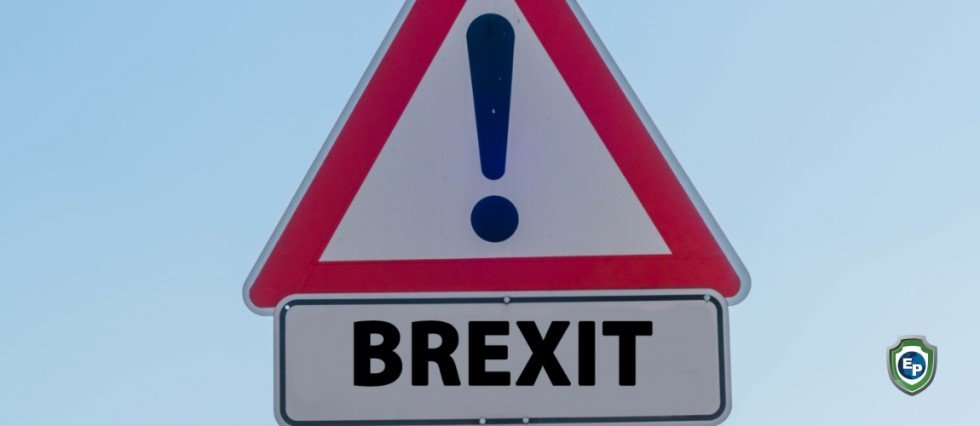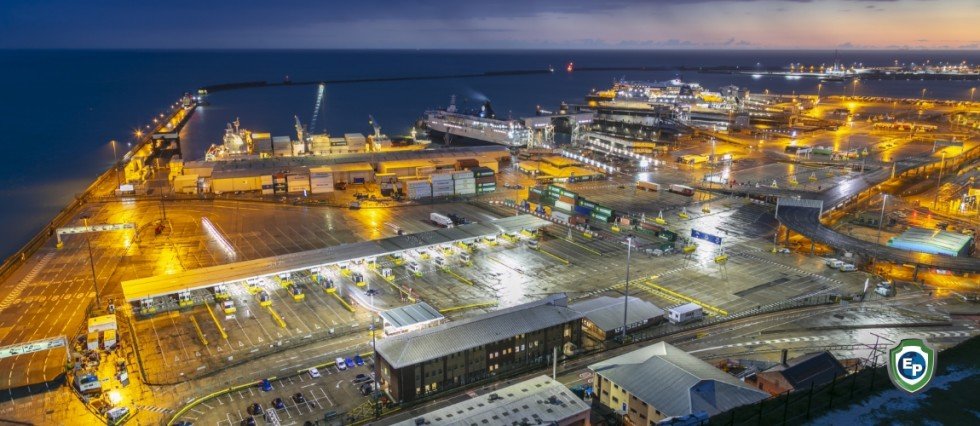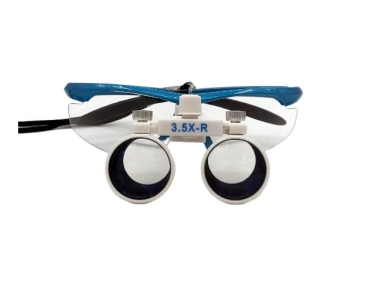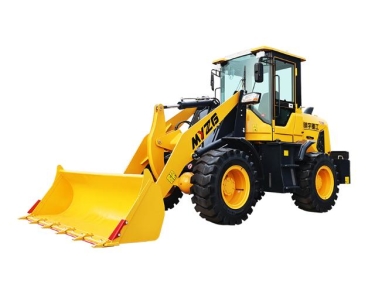Brexit Shipping Changes – All There Is to Know
The UK's exit from the EU has changed Europe's shipping industry, impacting commodity flows across the continent via all channels. Come read our blog to learn more about the various shipping changes brought on by Brexit.

The UK and the European Union (EU) finalized a trade agreement on December 24th, which took effect on January 1st, 2021. The zero-tariff, zero-quota agreement is a favorable outcome, but new requirements are expected to cause significant disruption in the transportation industry as cargo flows and current laws and regulations are being revised significantly. So, exactly how much of an impact will the new division have on international shipping and customs brokerage?
What Exactly Is Brexit?
The transition phase with the EU officially concluded on January 1st, 2021, and the UK now maintains an external border as a sovereign state. The recently published 200-page document describes the procedures for transferring products between the UK and the EU starting in 2021.
Brexit has altered Europe's shipping sector, affecting commodity flows across the continent through all channels. Some experts warn that supply chains perform best in fluid and stable environments, and that Brexit may harm overall performance until conditions stabilize.
VAT and Its Effects on International Transport
Prior to Brexit, the UK was subject to EU VAT, a unified set of value-added tax (VAT) regulations for EU member states. However, starting on January 1st, 2021, the UK amended its VAT regulations. Due to these modifications, an estimated 145,000 enterprises will now be required to submit import-export statements.
Imported and exported goods are classified as imports and exports, respectively, and import VAT and customs charges apply. Consequently, many non-UK businesses will have to register for the first time through HM Revenue and Customs, the UK's tax department (HMRC).

HMRC Issues a Warning to UK Importers
HMRC has sent a letter to British importers informing them of the new regulations on products entering the country without an import declaration.
Following Brexit, the government proposed modifications to new customs processes, including the possibility of deferring import declarations. This saved delays at borders and provided businesses time to plan for the January 2022 implementation of full customs control.
It has also allowed carriers to cross the EU/UK border without complying with customs formalities. In its instructions to firms, HMRC warned that civil fines might be assessed if customs declarations are not filed within the required deadlines and emphasized that retroactive declarations are not compliant. This is already causing major inconvenience, as many EU companies choose to suspend UK supplies, some temporarily and others permanently, rather than register with HMRC.
As ties become more stable, new information regarding trade agreements and tariffs should arise and become readily accessible, but now is the time to begin post-Brexit discussions on how to cross borders with your shipments.
Let Export Portal Help You
In the world of trade, it is important to stay updated on all current events. For more useful blogs like this one, make sure to check out the rest of Export Portal’s Blog Page!


















Comments 0